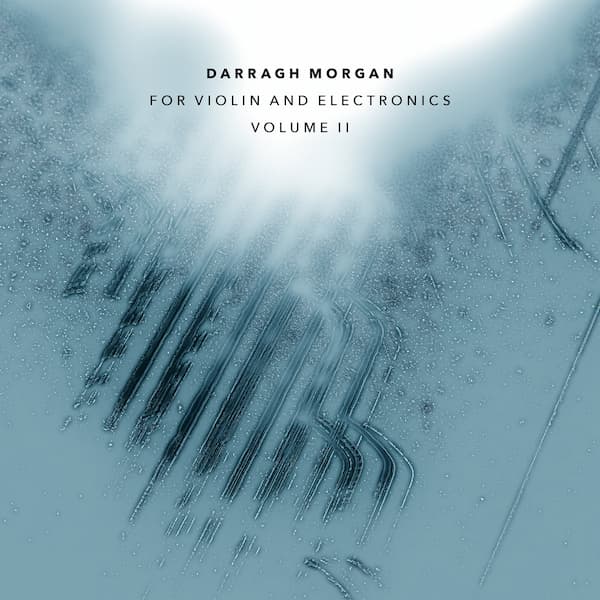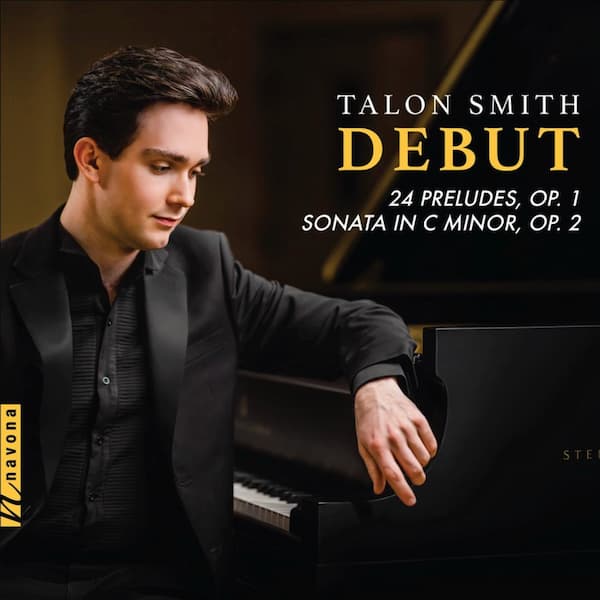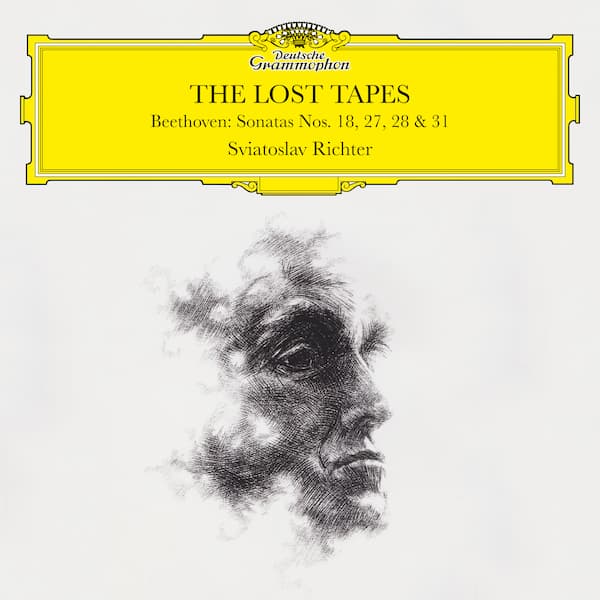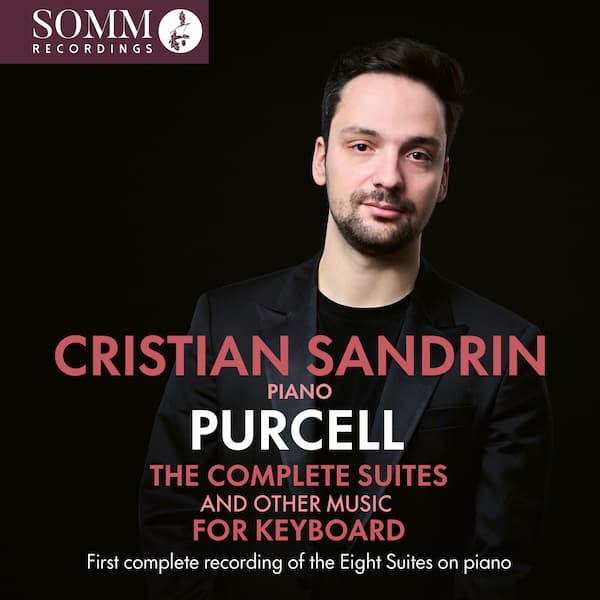Meet Derk van de Veen, a composer, a guitarist, and a Baroque enthusiast who has recently released an album, “Baroque & English Music.” The album features five sets of pieces written in the Baroque style. In this interview, Derk will tell us about the pieces in the album and the recording process.
Hello, Derk. Please tell us a little bit about yourself.
My name is Derk van der Veen; born in 1972 in the northernmost town of the Netherlands, about 2 hours from Amsterdam. I studied classical guitar from 1990 to 1995 in Rotterdam and Zwolle, and later for half a year with the famous and innovative guitarist/composer Stepan Rak in Prague. After that, I worked as a guitar teacher, and performing musician, founded two ensembles (Mychenka Quartet and Encuentro Multitimbre Guitar Quartet), organized concert series, developed several teaching methods as a publisher, accompanied theater, ballet, and flamenco dance, toured in Europe, and currently, I am conducting extensive research on German Music Theory from the Baroque period and the works of J.S. Bach.
In your album, “Baroque & English Music,” are all the pieces written by you? What inspired you to write Baroque and English music?
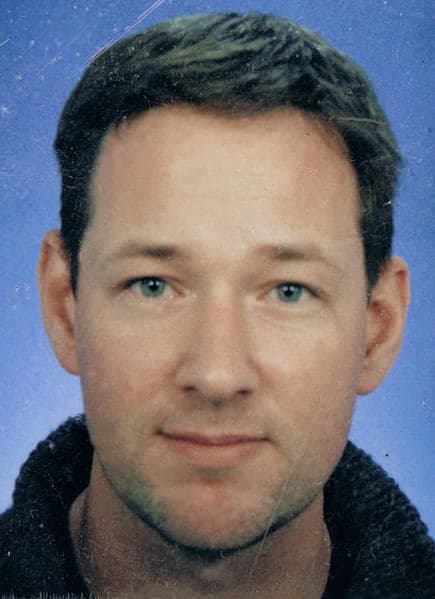
Derk Van Der Veen
All the music and themes are written by me. Most of the thematic material for the Baroque pieces on this album was composed during my student years (’90- ’95) and shortly thereafter. The English Suite dates back to around 2000/2001. Actually, all the pieces originate from improvisation in the respective styles. The pieces also reflect that I have, back then and still now, a preference for Baroque and Romantic music.
How long did it take you from writing the music to finally releasing an album? What were the challenges or surprises?
The themes of the Baroque pieces are nearly 30 years old, so in that regard, it has been a long process. The recordings ultimately took three years to complete. The biggest challenge was the Canzon Secunda. This piece involves the use of 8 recorders, ranging from soprano to contrabass, and there is also a need to switch between instruments tuned to 415 Hz and 440 Hz, so 16 instruments in total. Plus a bassoon. Additionally, the piece for the recorder, according to the performer, Thomas Pickering, pushes the boundaries of what is humanly possible from a technical perspective. Intonation is also a challenge in this piece.
Canzon Secunda
Let’s talk about the performers. Did you know all the musicians beforehand? What was the recording process like with them?
The recordings were made in the UK and USA, and I coached them remotely. However, these are styles that are familiar, and the musicians were comfortable with them, so it mainly involved small details. I worked with the musicians in other projects, yes, except for Thomas Pickering; I had to search for a player with enough ‘courage’ and creativity to play this piece. I have respect for what this young English recorder player has accomplished.
It sounds like an unusual recording process. Did the musicians find the recording difficult, or did they find it more accessible as they didn’t need to play with others during the recordings?
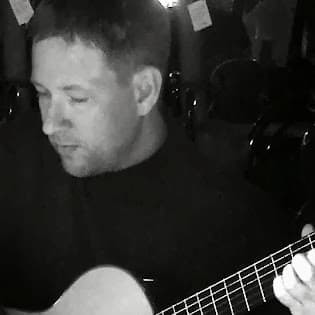
The fact that all the pieces have a clear beat made it quite manageable for the musicians, who are all very experienced recording artists. When you need to record Debussy, it would not be a serious option. They were also very flexible.
How did you all feel when you and the musicians listened to the final products?
The recordings were created in collaboration, so both the musicians and I, as the composer, knew approximately what the end result would be. The musicians were very happy with the final results, although some would prefer their own instrument to be a bit louder. But I believe that happens often.
If you have to pick one or two pieces from the album to suggest us to listen to, what are they? Why?
Based on qualitative and compositional grounds, I think I am most proud of Part 1 of the Concerto Grosso and the Canzon Secunda. I have also received many positive responses to the English Folksongs and the Partita. The Canzon Prima has a number of enthusiasts on YouTube who keep replaying it. A difficult question.
Canzon Prima
Do you want to share any upcoming composition or recording projects with us?
I am working on a pop music album in the style of the 1950s to the 1970s. There is also a classical album in the works featuring a selection of pieces. I am taking two years for these projects. I am still actively looking for a good symphony orchestra for these pieces.
The album “Baroque & English Music” is available on most online streaming platforms.
To learn more about Derk van de Veen and his work, visit his homepage for more information
For more of the best in classical music, sign up for our E-Newsletter

